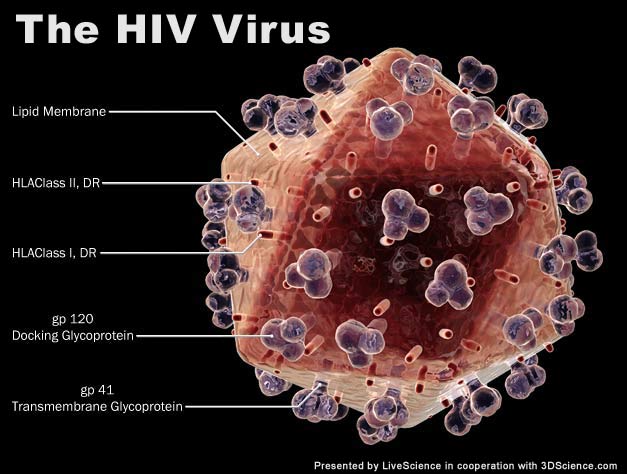New Delhi, July 27 (ANI): HIV remains one of the most challenging viral diseases worldwide, and for India, despite substantial progress in reducing new incidence of HIV, the country still houses the third highest number of people of people living with the disease at 2.1 million.
To reach zero HIV burden in the country it is critical to fill gaps in the knowledge of how humans can defeat this virus, as well reenergize and revolutionalize research efforts through relevant partnerships to understand factors responsible for prevention and control of HIV infection and to develop strategies that support and accelerate discovery efforts.
In addressing diseases of concern for improved public health, HIV research is an emerging program priority for India with a goal to help identify tools and methods for disease detection, intervention, control, prevention and subsequent eradication.
The Government of India has taken several initiatives over the years to reinforce the national response to the global fight against HIV/AIDS through the MoHFW and the MoST departments.
Continued and ongoing efforts in HIV research to understand the interaction between humans and disease are critical to not only boost efforts for biomedical tools of prevention like HIV vaccine but also accelerate R&D initiatives for finding solutions to help curb the disease in India.
A high-level technical consultation is being organised at India Habitat Center on Tuesday (July 28) here with participation of Indian and East African experts from leading institutes/centres of excellence.
In addition to facilitating acceleration of new preventive technologies, such like initiatives would help to ensure greater role for low and middle income economies in AIDS vaccine research.
This and the proposed collaboration between India and Netherlands in HIV research, announced during the Dutch Prime Minsters visit to India, would value add to effort of the Government of India through technology and knowledge transfer.
DBT and ICMR are in the process of structuring a national program being for Chronic and Acute infection HIV cohorts, setting up of a National Biorepository and initiating studies towards HIV Virology and Host-Microbe interaction.
“These multiple interlinked efforts contribute to Government of India’s mandate of eradicating diseases through effective preventive measures, convert India into a knowledge society as well provide accessible, affordable, accountable, and effective primary healthcare facilities, are bringing the Ministry of Health and Family Welfare and the Ministry of Science and Technology together,” said Dr. Rajat Goyal, Country Director – International AIDS Vaccine Initiative
The International AIDS Vaccine Initiative (IAVI) is a global not-for-profit organization whose mission is to ensure the development of safe, effective, accessible, preventive HIV vaccines for use throughout the world.
Founded in 1996, IAVI works with private companies, academics, and civil society partners in 25 countries to research, design, and develop AIDS vaccine candidates.
IAVI also conducts policy analyses and serves as an advocate for the AIDS vaccine field. IAVI supports a comprehensive approach to addressing HIV and AIDS that balances the expansion and strengthening of existing HIV-prevention and treatment programs with targeted investments in the design and development of new tools to prevent HIV. (ANI)




